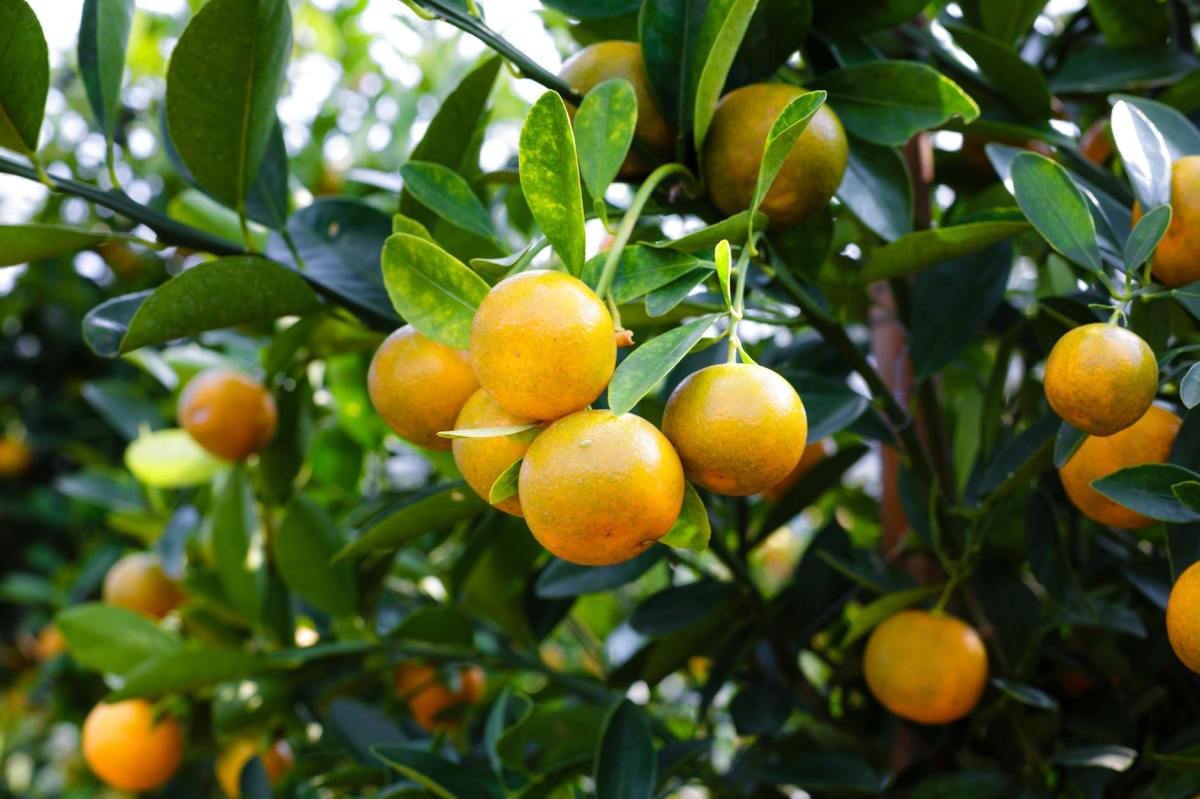In a week that marks World Environment Day, we are looking at how technology can help with certain environmentally relevant issues, such as the fight against drought.
Another of the technological possibilities for caring for the planet is smart agriculture or agrotech.
Technology for the digital transformation of agriculture
Smart agriculture is based on data and recommendations thanks to technologies such as the Internet of Things (IoT), Big Data and Artificial Intelligence.
Digital transformation in this sector incorporates the potential of technology throughout the value chain to improve decision-making processes, ensuring productivity and efficiency.
The availability of collected data means that production models can be updated more frequently, thus shortening planning and improvement cycles.
Similarly, historical data will help to study trends, patterns and opportunities for improvement based on the experience gained during periods of data collection.
These collected data and their subsequent analysis, thanks to which the efficiency of the processes can be increased, are collected by means of different devices such as humidity sensors, drones or satellite vision.
Smart production
In addition to the features mentioned above, smart production will serve to implement precision agriculture thanks to the automation and digital capabilities deployed.
Similarly, smart production will minimise environmental impact, as well as hypothetical accidents in the planting process.
Putting data at the heart of the business by helping in decision making and advancing in a digital transformation generates both more efficient and more economical processes for agricultural activity.
The benefits of this smart production could be summarised as water and energy savings (by optimising irrigation), cost reduction (and thus increased productivity), detailed knowledge of energy consumption, increased safety to obtain a higher quality crop at a lower cost, increasing production capacity, with greater traceability and maximisation of resources.
Advantages of agrotech solutions
A case of Telefónica Tech’s success in agrotech solutions is the Frutas Mitra farm, which, by means of an intelligent irrigation management system, can control irrigation depending on the state of the crop from any place and at any time.
The company’s farmland extends over more than 65 hectares of steeply sloping land with difficult access, making the irrigation system complex and sometimes inefficient, and it is equally important to control precisely how much water is allocated to each fruit tree.
Therefore, the implemented smart irrigation solution enables technicians to ensure the quality standards of the different fruits, as well as to understand what is happening in the crop.
IoT devices with Telefónica’s NB-IoT connectivity make it possible to close or open irrigation valves remotely based on crop humidity and temperature data collected by sensors.
It is estimated that thanks to this water use optimisation system, water consumption can be reduced by more than 30%, and possible leaks can also be detected.
Thus, the most relevant points of this success story are:
- Cost savings derived from an optimised use of resources such as water or fertilisers, adapting them to the needs of the crop at any given moment.
- Reduced water consumption due to the possibility of programming irrigation according to the different needs of the crop by receiving information about the humidity in the crop thanks to IoT devices.
- Optimisation of time thanks to centralised and remote irrigation, which avoids trips both to open or close valves and to know first-hand the state of the crop.
- Improved sustainability by reducing the carbon footprint without altering the environment, with the use of photovoltaic energy and the use of which allows the reduction of water use and fertilisation.
